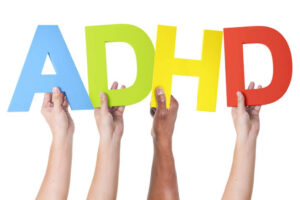Types of Personality Disorder Treatment

If you suffer from or know somebody affected by a personality disorder, you’ll understand how traumatic it can be. Like any condition, there are varying degrees, with some people only slightly impacted. As a result of their condition, others will suffer severe distress. Let’s take a look at some common personality disorders and also some forms of treatment that are available. What are Personality Disorders? Certain mental and behavioral patterns characterize all forms of personality disorder. They’re also the most commonly diagnosed psychiatric conditions. These disorders are inflexible and tend to affect people across large sections of their life. This means many of the behaviors and thoughts associated with these disorders are persistent rather than triggered by particular events. However, sufferers often lack the ability to recognize these issues; therefore, they do not always seek treatment. This, in turn, leads to developing coping strategies that can induce or further amplify stress, anxiety, or depression. Personality disorders are usually broken into 10 types: Paranoid Schizoid Schizotypal Antisocial Borderline Histrionic Narcissistic Avoidant Dependant Obsessive-compulsive There are several different treatment methods that a psychiatric professional may recommend, depending on the type of disorder. Let’s take a look at the most popular treatments used […]
» Read more



